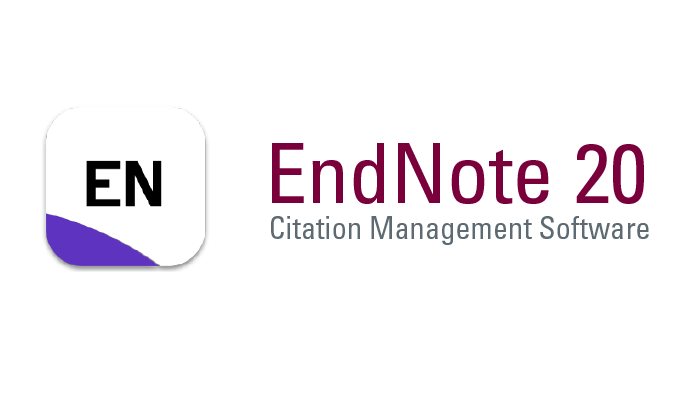ETIKA MAHASISWA PROGRAM STUDI PENDIDIKAN FISIKA UNIVERSITAS MALIKUSSALEH TERHADAP DOSEN DITINJAU DARI KEMAMPUAN BERFIKIR KRITIS
DOI:
https://doi.org/10.47887/amd.v1i1.9Keywords:
Critical Thinking Ability, EthicsAbstract
This research aims to examine the correlation between critical thinking and ethics and the contribution of critical thinking to ethics. This research is a field research (field research) with a quantitative approach. Therefore the sample of this study amounted to 61 people. Data collection was carried out by visiting subjects in class during study hours by asking the head of the study program for permission first. Based on the results of the analysis of research data, it can be concluded in this study that they are as follows: 1. Students' critical thinking skills in the 2019-2020 school year are categorized as quite good, this is evidenced by the mean results of 57.87 which are in the "Good Enough" category. ". 2. Student ethics for the 2019-2020 school year are classified as good, this is evidenced by the mean result of 83.21 which is in the "Good" category. 3. There is a positive relationship between critical thinking skills and student ethics for the 2019-2020 academic year as evidenced by the value of r-count > r-table, which is 0.331 > 0.227 at the 5% significant level. With a significant value = 0.009, 0.05, the hypothesis Ha is declared "accepted". In this case the ability to think critically with ethics contributed 10.9% while the remaining 89.1% was determined by other variables.
References
Tafsir, Ahmad. (2010). Filsafat Pendidikan Islam. cet ke-IV. Bandung: Rosdakarya
Rukajat, Ajat. (2018). Pendekatan Penelitian Kuantitatif. Yogyakarta: Deepublish.
Alavi, H. R. (2007). Al‐Ghazāli on Moral Education. Journal of Moral Education, 36(3), 2007. pp: 309-319.
Al-Ghazali, H., Abu. (1980). Ihya’Ulumuddin, juz VII-IX (Vol. Juz VII-IX). Beirut: Daarul Fikr.
Fisher, Alec. (2008). Berpikir Kritis, Sebuah Pengantar. Jakarta: Gelora Aksara Pratama
Al-Jawziyyah, I. Q. (1977). I’lām al-Muwaqqi’īn ‘an Rabb al-‘Ālamīn. Beirut: Dār al-Fikr.
Alsa, A. (2005). Program Belajar, Jenis Kelamin, Belajar Berdasar Regulasi Diri dan Prestasi
Susetyo, Budi. (2012). Statistika Untuk Analisis Data Penelitian. Bandung: Reflika Aditama.
Desmita. (2012). Psikologi Perkembangan Peserta Didik. Bandung: Remaja Rosdakarya.
Boisard, Marcel. (1980). Humanisme dalam Islam. Jakarta: Bulan Bintang.
Iqbal, Muhammad. (2010). Etika Politik Qur’ani: Penafsiran M. Quraish Shihab Terhadap Ayat-ayat Kekuasaan. Medan: IAIN Press.
Nurullah, A. S. (2008). Globalisation as a Challenge to Islamic Cultural Identity. The
Suharso, Puguh. (2009). Metode Penelitian Kuantitatif Untuk Busnis: Pendekatan Filosofis dan Praktis. Jakarta: Indeks.
Woolfolk. (2018). Educational Psychology Active Learning Edition Tenth Edition. Boston: Allya & Baco.
Downloads
Published
How to Cite
Issue
Section
License
Copyright (c) 2021 Fauzan Fauzan

This work is licensed under a Creative Commons Attribution-ShareAlike 4.0 International License.
Authors retain copyright and grant the journal right of first publication and this work is licensed under a Creative Commons Attribution-ShareAlike 4.0 that allows others to share the work with an acknowledgement of the works authorship and initial publication in this journal.
All articles in this journal may be disseminated by listing valid sources and the title of the article should not be omitted. The content of the article is liable to the author.
Authors are able to enter into separate, additional contractual arrangements for the non-exclusive distribution of the journal's published version of the work (e.g., post it to an institutional repository or publish it in a book), with an acknowledgment of its initial publication in this journal.
Authors are permitted and encouraged to post their work online (e.g., in institutional repositories or on their website) prior to and during the submission process, as it can lead to productive exchanges, as well as earlier and greater citation of published work.
In the dissemination of articles by the author must declare the Al-Madaris Jurnal Pendidikan dan Studi Keislaman as the first party to publish the article.














